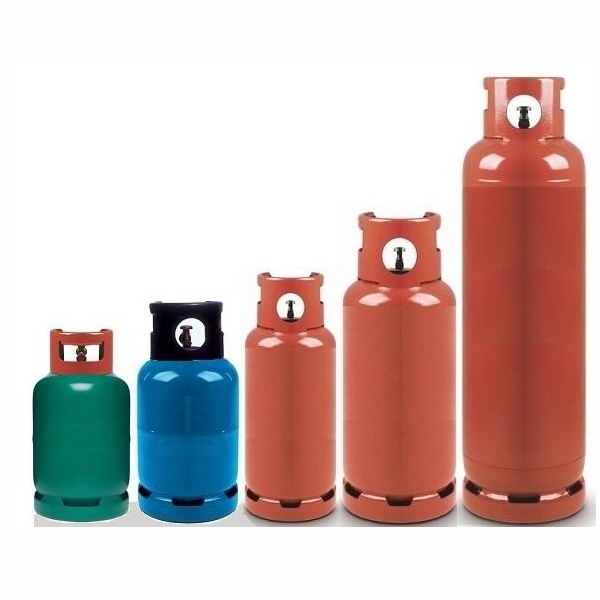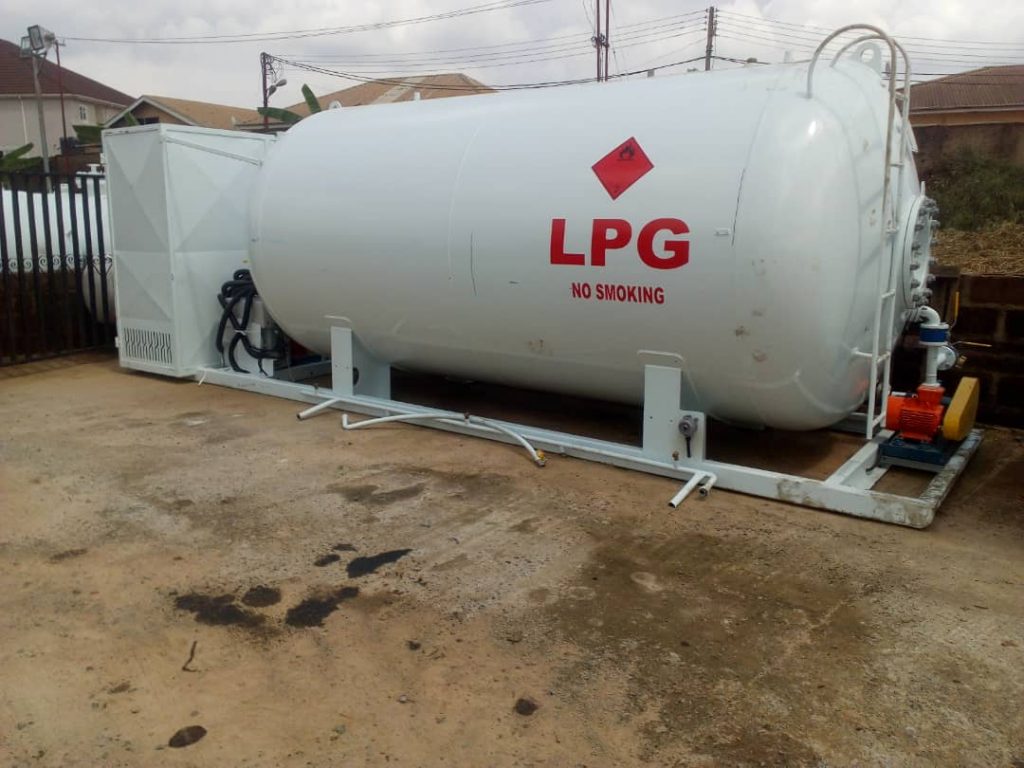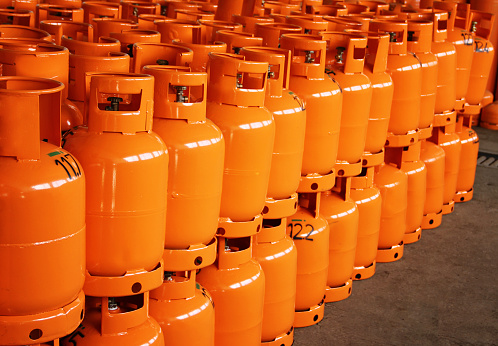LAGOS—The Federal Government has emerged with a new National Petroleum Policy, targeted at bringing about restructuring, new legislation and value addition in the oil and gas industry.
The policy, which has already been approved by the Federal Executive Council, defines the strategy of the government with respect to Nigeria’s oil resources. The implementation of the policy, which envisaged that the joint ventures would produce about 67 per cent of Nigeria’s output, is expected to culminate in increasing the nation’s oil production from about 2.2 million bpd to 3.0 million bpd in 2017, before dropping by 2.0 million bpd in 2026. The policy indicated that “total production is expected to be: Gas: around 46 tcf; Oil: around 10 billion bbls. Unless there are additions to reserves and those reserves are brought into production, Nigeria can expect to see absolute declines in production from around 2020.
It disclosed that the future for oil producers lies in value added refining and petrochemicals and that the intention of this petroleum policy is to move Nigeria away from crude oil exports into value added activities in oil, namely, refining and petrochemical industries; expanding from oil into gas based industrialisation, based on the as yet largely untapped large gas reserves in Nigeria.
It stressed the need for new legislations that would enable the nation to accomplish set objectives in the industry.
The policy disclosed that, “the existing petroleum industry legislation in Nigeria dates back to 1969. There are also several other disparate pieces of legislation on petroleum, some of which are no longer relevant or applicable to Nigeria’s circumstances.
“The government will promote new legislation to overhaul and modernise the Nigerian petroleum sector by addressing a broad range of issues, including sector governance and institutional framework, fiscal regime, corporate structure of state-owned enterprises, transparency and accountability, environmental issues.”
Increased accountability
The policy stated that its implementation would bring about increased transparency and accountability in the industry. It said: “The second aspect is to increase accountability for production.
Through the new enhanced regulatory measures under this petroleum policy, the government will take steps to ensure full accountability for and transparency of production figures from operators.”
Funding
The policy which allows local communities to participate stated that the existing JVs are to become independent and self-funding.
“The existing JVs are to be closely monitored for: Effectiveness and performance; Compliance to agreements; Allocation of Oil Licences and Leases Oil and gas licences and leases will no longer be awarded under opaque procedures with allocations of blocks or production.”




